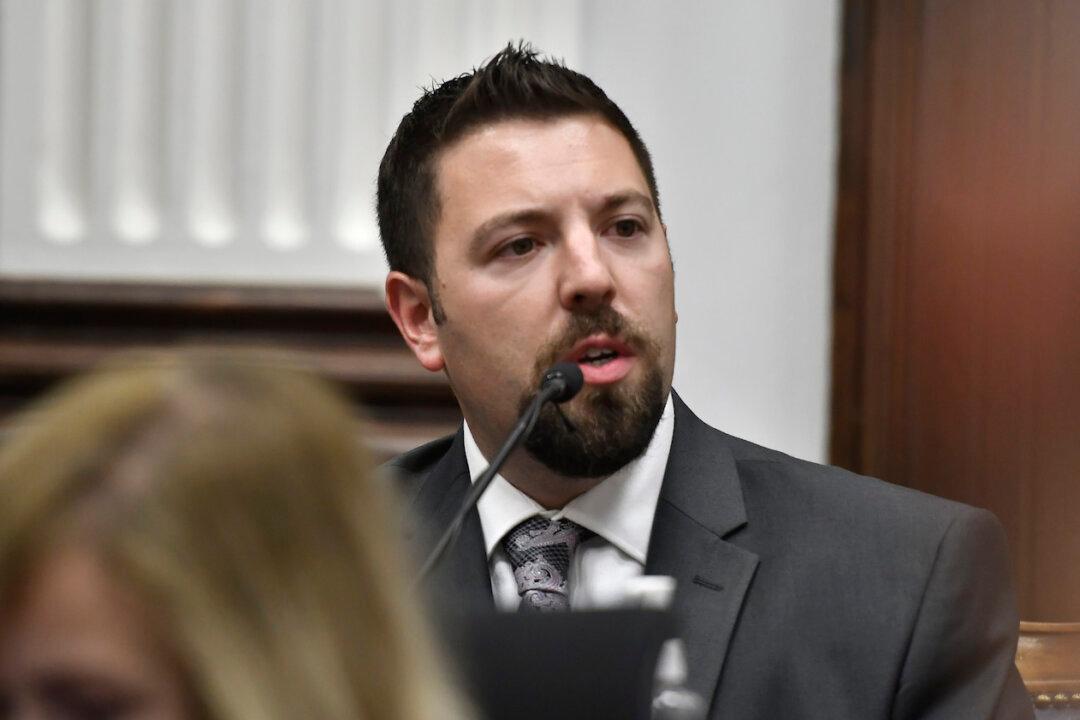One of the attorneys prosecuting Kyle Rittenhouse advised Kenosha Police Department Detective Ben Antaramian to not execute a warrant to search the cell phone records of Gaige Grosskreutz, a key witness of the shooting.
During his cross-examination on Nov. 8, Antaramian confirmed that one of the prosecutors advised him to not execute a warrant to search the phone of Grosskreutz, who was shot in the bicep by Rittenhouse.





